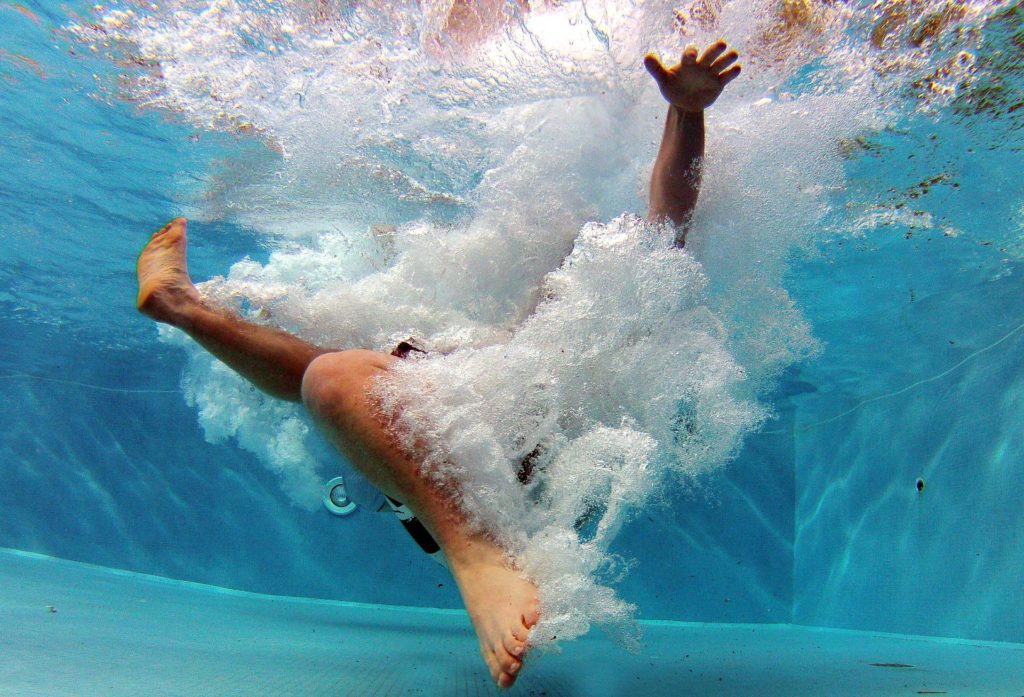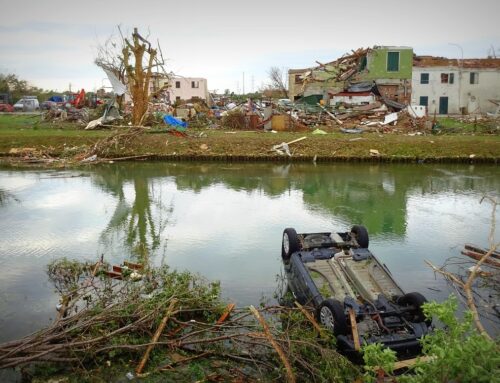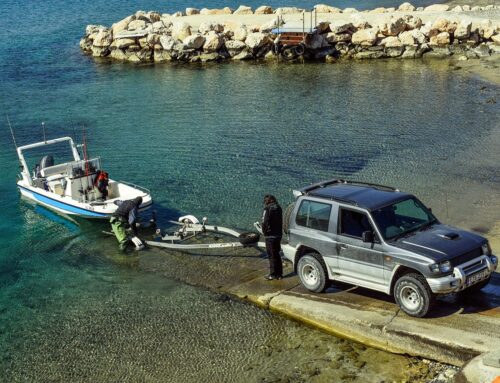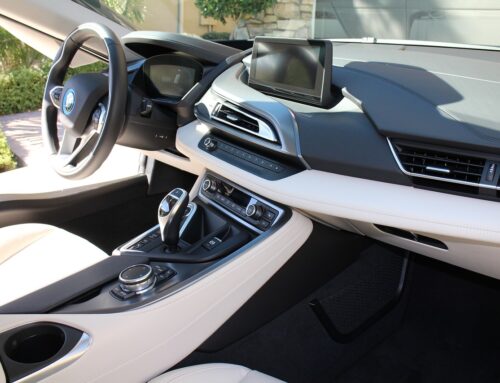Homeowners need to be aware that if someone is injured on their property, they may be held legally and financially responsible. Although insurance will often protect against these incidents, many homeowners don’t realize the significant risk of swimming pools. As we move into summer in Florida, families, and friends will gather poolside. This signifies the need for pool owners to do two essential things – to ensure that the dangers listed below are mitigated and minimized and work with their insurance company to ensure adequate insurance to protect them.

Did You Know? If you have not informed your insurance company that you have installed a new pool, you most likely do not have coverage under your homeowner’s policy.
Hidden Pool Dangers to Address
The most dangerous elements when it comes to swimming pools are slides and diving boards. Pool slides combine slippery children, slippery surfaces, and a ladder over concrete – the possibility of injury is apparent. Diving boards pose the biggest threat to health and safety, causing thousands of severe and life-altering injuries involving the head and spine. Homeowners should know that diving boards are not safe in pool depths less than 9 feet, which includes nearly every backyard pool. Homeowners are safest if they remove these two components from their pools entirely.
Slides and diving boards aside, there are many other pool dangers to consider. These include:
- Chemicals: Pool chemicals are toxic and poisonous to humans when breathed into the lungs and are even more dangerous if some of the individual materials mix together. However, many homeowners keep these hazardous toxins in close proximity, in closed spaces, and without proper storage precautions. Owners should read labels and understand the appropriate storage requirements of all chemicals and keep them locked away from children.
- Pool Toys: People are often surprised to see pool toys on this list, but large inflatable toys cause drownings in Florida pools each year. Children can get stuck under these large tubes and other inflatables when they flip over and may not be noticed until it is too late.
- Slippery Decks: Pool decks are often wet, and when they begin to age or weather, they can grow algae and become even more slippery. Any parent knows how difficult it is to keep kids from running around a pool when playing with their friends – but slips and falls are too common to ignore. Homeowners can powerwash their pool deck at the beginning of the season and may wish to add a gritty topcoat to reduce slick surfaces.
- Electrical Concerns: Water and electricity are a bad combination, but they reside close together in a backyard scenario. Pool pumps and pool lighting require wiring; all metal components within three feet of the water must be bonded with a heavy ground wire loop. Need help? Call a professional Sarasota electrician. )
- Contaminated Water: Everyone loves a crystal clear pool, but pool water can quickly start to stagnate and grow bacteria in the sweltering heat of Florida. Bacteria in water are not good for humans, so make sure your water quality is up to par before allowing people to swim in your pool.
- Ladders and Stairs: Slippery steps and stairs cause all kinds of injuries, and pool ladders fastened in the concrete can begin to loosen and become unstable. Be sure to add non-slip elements to steps and check pool ladders for safety.
Anderson & Associates Insurance Group is a professional team of experts who can help you to structure the appropriate policy to protect you from pool dangers – as well as any other risk around your home. If you need homeowner’s insurance in the Sarasota or Manatee area, call us today.









